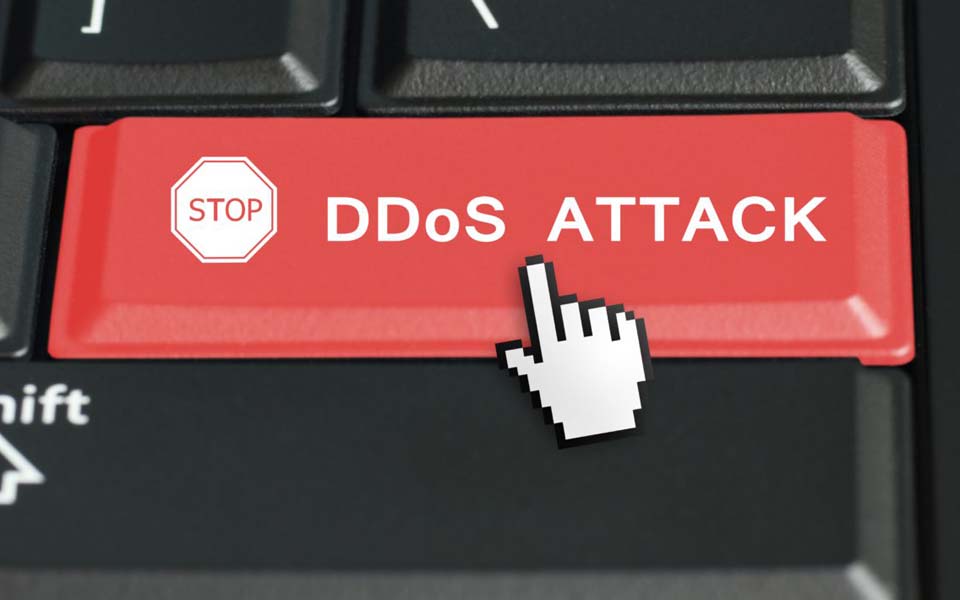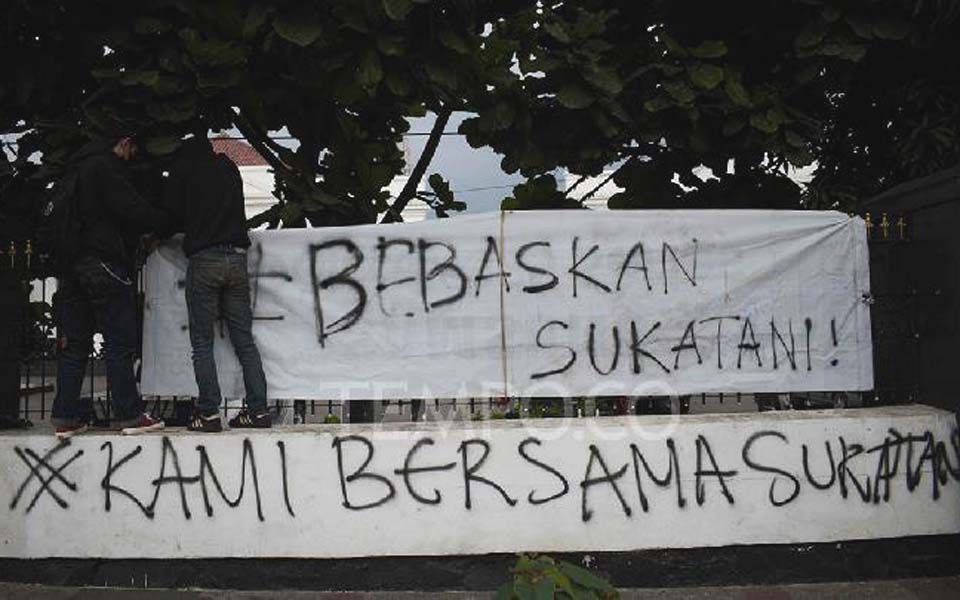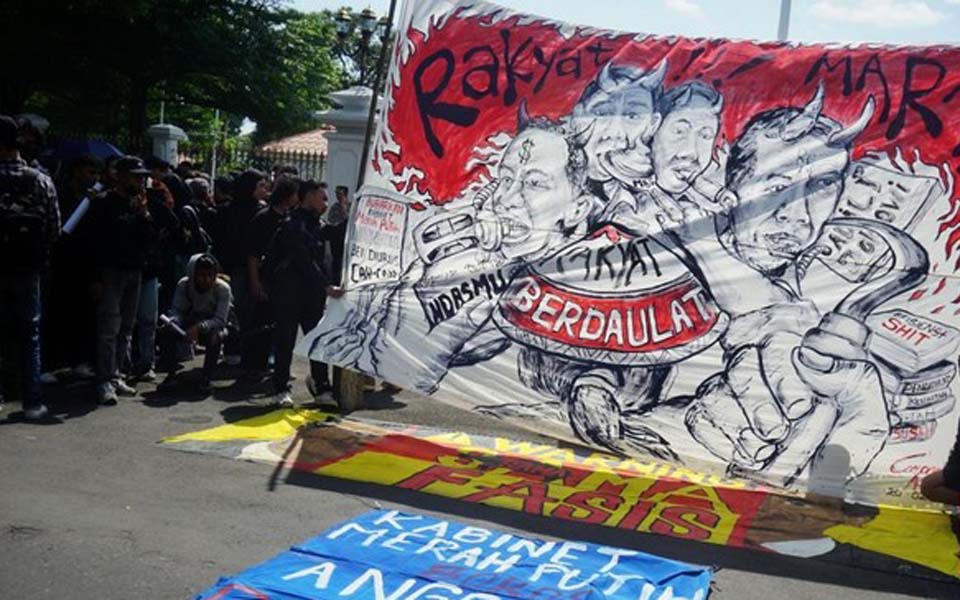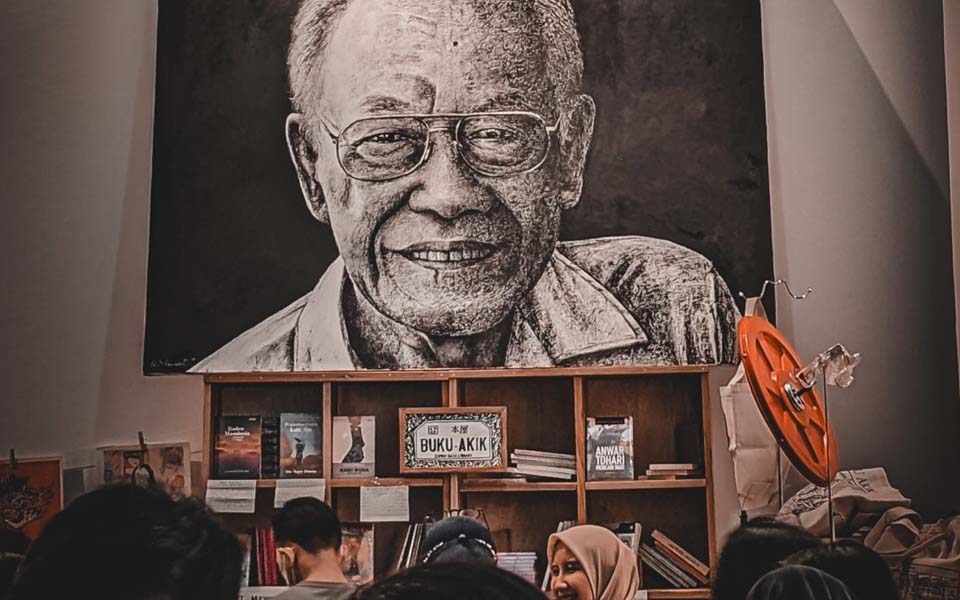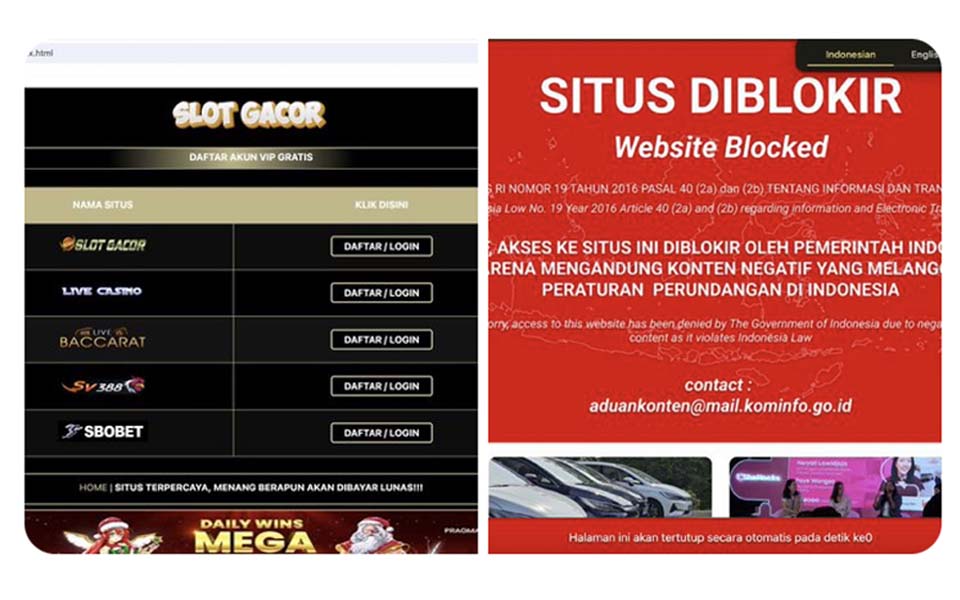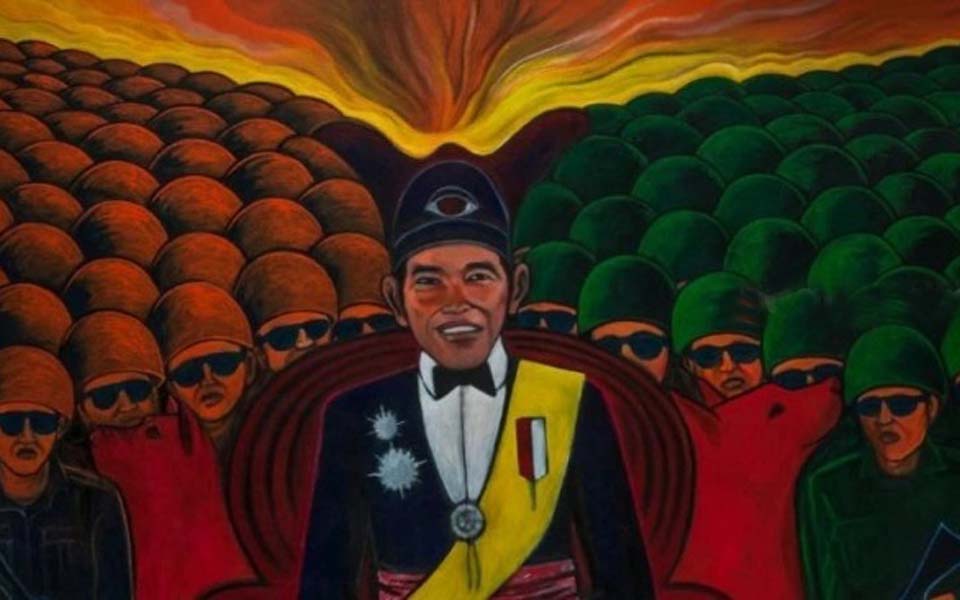Dian Erika Nugraheny, Jakarta – Southeast Asia Freedom of Expression Network (SAFEnet) Executive Director Damar Juniarto say that the state of freedom of expression in digital space worsened in 2020. He referred to it with using the term "alert level two" to describe the current situation in Indonesia.
"I would say it's become worse because of the pandemic. The pandemic has forced us to shift our activities into digital space and this turns out to have created a dual problem", said Juniarto during a discussion titled Freedom of Expression, the Law and the Dynamics of Development on Tuesday April 14.
"And in terms of scores our status has risen to alert level two. Why are we saying this, because of a number of issues", he continued.
Juniarto gave the example of the disregard of people's rights in the digital world. Yet at the same time, the Covid-19 pandemic has forced people to use digital media more.
"It could even be said to have given rise to a new problem where the less well off in society are unable to enjoy education and the economy during a situation such as this", he said.
In addition to this, SAFEnet also found that the internet was shut down of four occasions in Papua in 2020. This also happened once before in 2019.
"And this is actually still occurring now in 2021", said Juniarto. "Then in terms of expression, it is indeed true that we continuously find many people who are being criminalised", he continued.
SAFEnet also noted the issuance of two telegrams by the Indonesian police chief. The first telegram was on criminal sanction for individual who criticised the government's policies on handling the Covid-19 pandemic.
"This as it turned out had the effect of people being arrested, criminalised and being charged using the UU ITE [Information and Electronic Transaction Law]", revealed Juniarto.
"The second telegram was on the Omnibus Law. This as it turned out had a quite big effect with many people being arrested for criticising the Omnibus Law", he said.
Then in terms of digital threats, Juniarto said there were 147 digital attacks against individuals in 2020. The majority of the attacks targeted groups which often criticise the government, whether they are academics, journalists or activists.
"Throughout 2020 we found 147 incidents of digital attacks. As many as 85 percent were aimed at critical groups. One of which was our academic colleagues", said Juniarto.
"In addition to this there were journalist colleagues who experienced doxing and personal attacks in the virtual world", he continued.
Juniarto said that what was experienced by activists was far worse.
In the context of Papua, activists had had their social media accounts taken over by unknown parties. Others have received food deliveries from online delivery apps which were never ordered.
"This kind of situation never occurred during the period of the previous (administration)", said Juniarto.
[Translated by James Balowski. The original title of the article was "SAFEnet Sebut Kondisi Kebebasan Berekspresi di Indonesia Memburuk pada 2020".]






